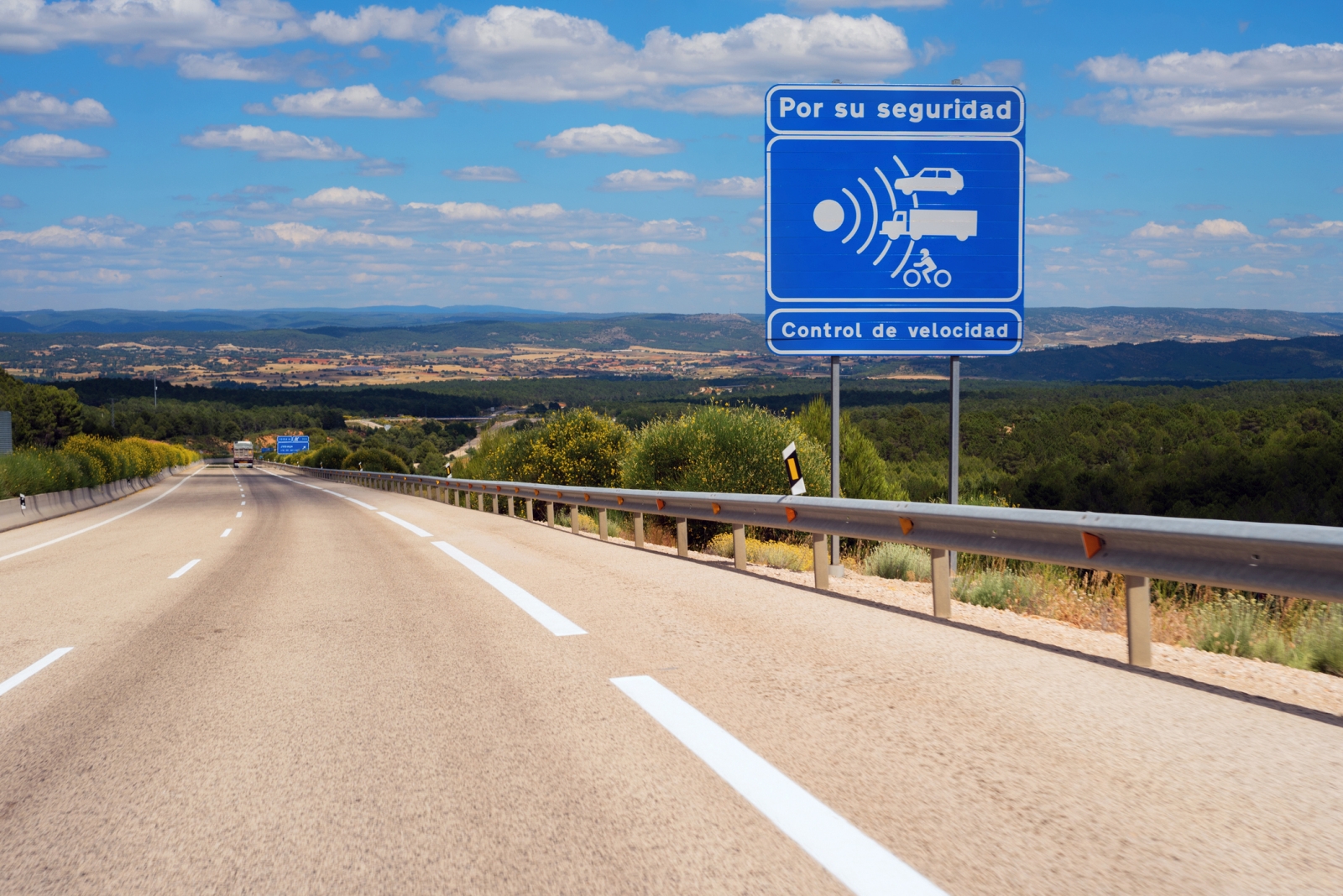Flashed in a foreign country? This costs the
Germany
Let’s start with the most popular vacation destination among Dutch people: Germany. Anyone who turns onto the Autobahn quickly thinks that there is no longer a speed limit. Nothing could be further from the truth. Das war einmal. In recent years, the number of German highways where you can floor the gas pedal to the maximum has been steadily thinning. So pay attention before you give your car the drive – not least because the signs are not always that clear. Without you immediately realizing it, there may already be a Verwarnung to you on your way. The fine for a relatively modest speeding ticket (up to 15 km/h) costs a maximum of 50 euros. From 25 km/h speeding, the financial counter quickly rises again (from 115 to 260 euros). If you drive 50 km/h too fast, count on a so-called Bussgeldbescheid of at least 550 euros plus a paperwork to be filled out(Anhörungsbogen or Zeugenfragenbogen).
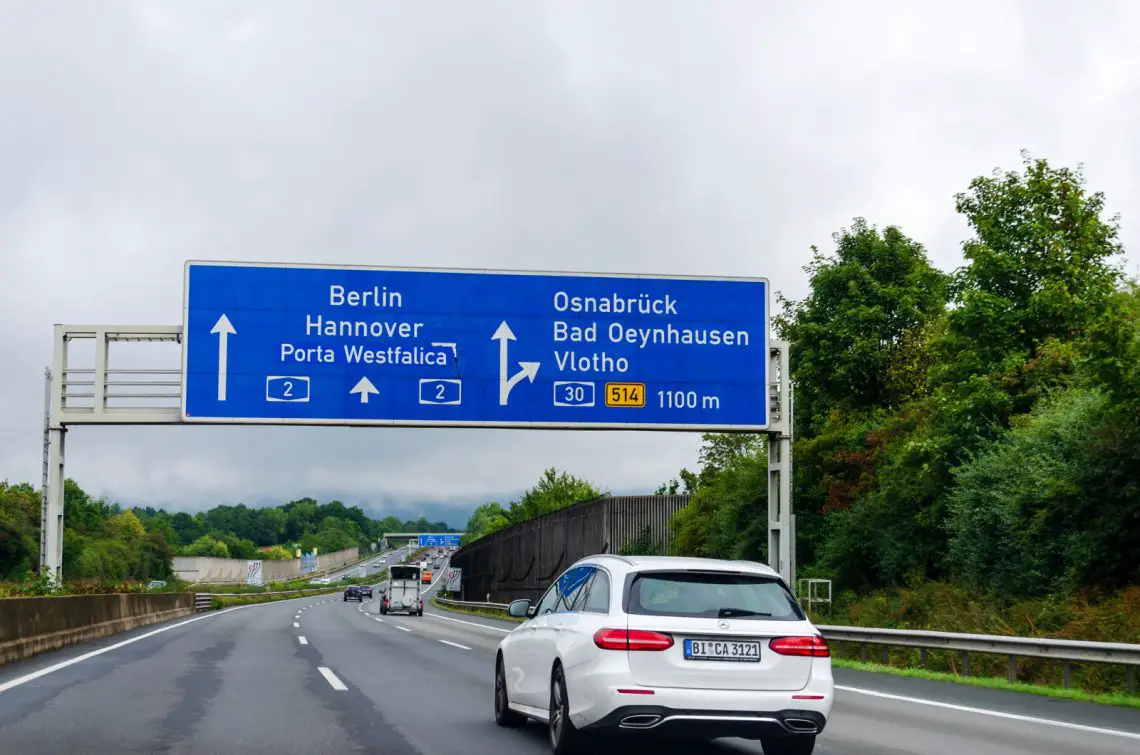
France
France, the land of baguettes, Louis de Funès, red tape and the Route du Solei, much of which is toll road. Now the French toll is already quite expensive, the traffic fines for speeding may also be there. Exceeding up to 20 km/h will cost you between 68 and 135 euros, depending on where the offense was committed. Driving 130 km/h where a maximum of 100 km/h is allowed? Expect a fine of several hundred euros and a possible disqualification of up to 3 years. Those caught speeding at 50 km/h pay for their car vacation twice (at least 1,500 euros) and do not want to be seen behind the wheel for the time being. Using Flashmeister or any other anti-radar app or device in France can be just as costly. Amai! Better to mispark in the heart of Paris. This costs “only” 35 euros each time you are caught.
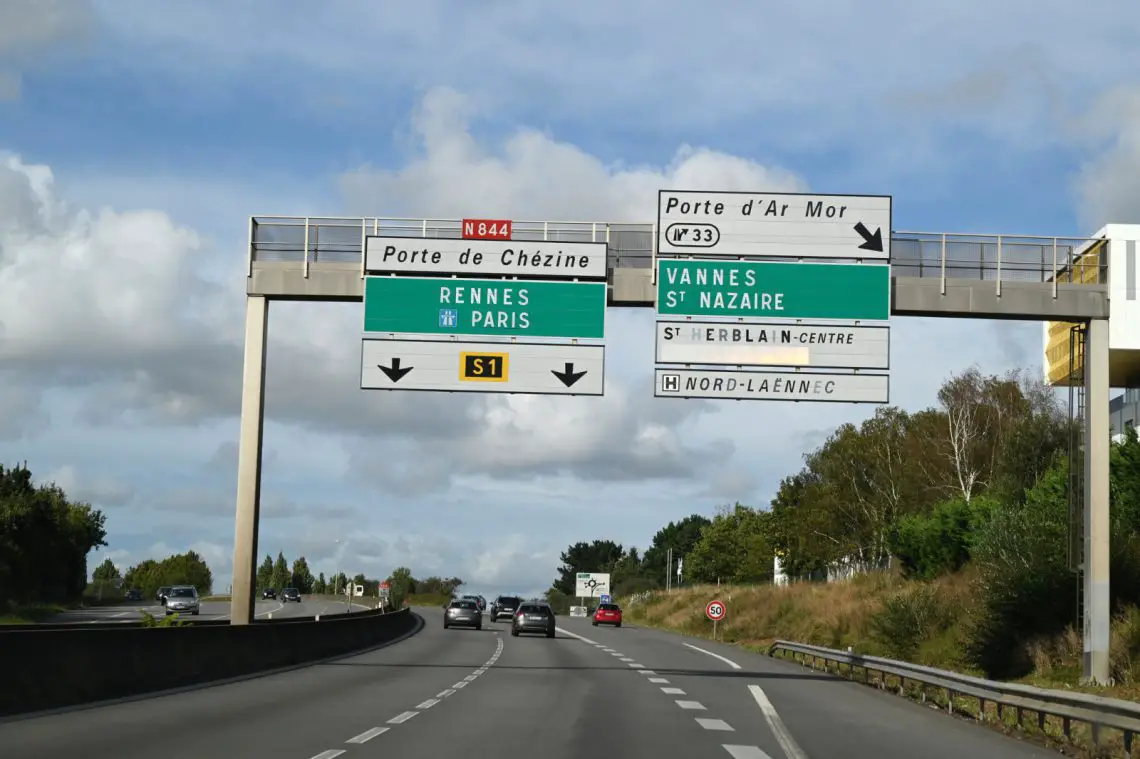
Switzerland
Despite the fact that Switzerland has an image of having an extremely strict fine policy, the amounts of the fines are actually not too bad for those who occasionally receive mail from the CJIB. Speeding on the highway there between 10 and 20 km/h costs between 60 and 180 Swiss francs (1 CHF = 1.04 Euro currently). The fines for speeding in built-up areas are a lot stiffer, not to mention when you get caught from 25/h too fast (+35/h on the highway). In that case, the penalty amount is determined based on your annual income. In 2010, for example, this landed a Swedish Mercedes-Benz SLS AMG driver on a fine of CHF 1.08 million, more than EUR 1.1 million according to the current exchange rate. Today, still the highest traffic fine ever.
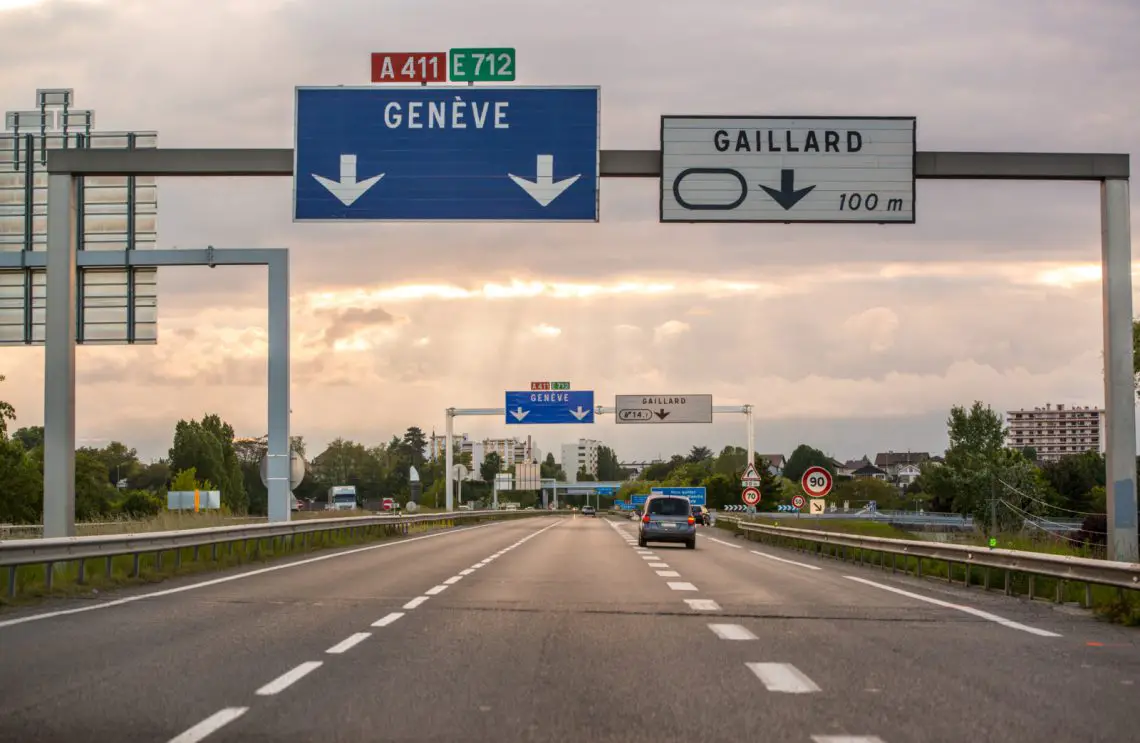
Belgium
If you are stopped in Belgium, it is possible to pay the fine on the spot. At a discounted rate, mind you. Not enough cash in your pocket and forgetting the debit card, then an “amicable settlement” at a higher rate follows by mail. For minor speeding offenses (up to 10 km/h) the Belgian strong arm fines from 53 euros. Exceedances of 10 to 40 km/h mean a minimum of 53 euros plus 6 euros per additional kilometer exceeded. From 40 km/h too fast, the court is called in without mercy. Depending on the offense and situation, the fine can be as high as four thousand euros and a driving ban of 8 days to a maximum of 5 years. Also know that in Belgium you can be fined for driving through an orange traffic light (from 116 euros).
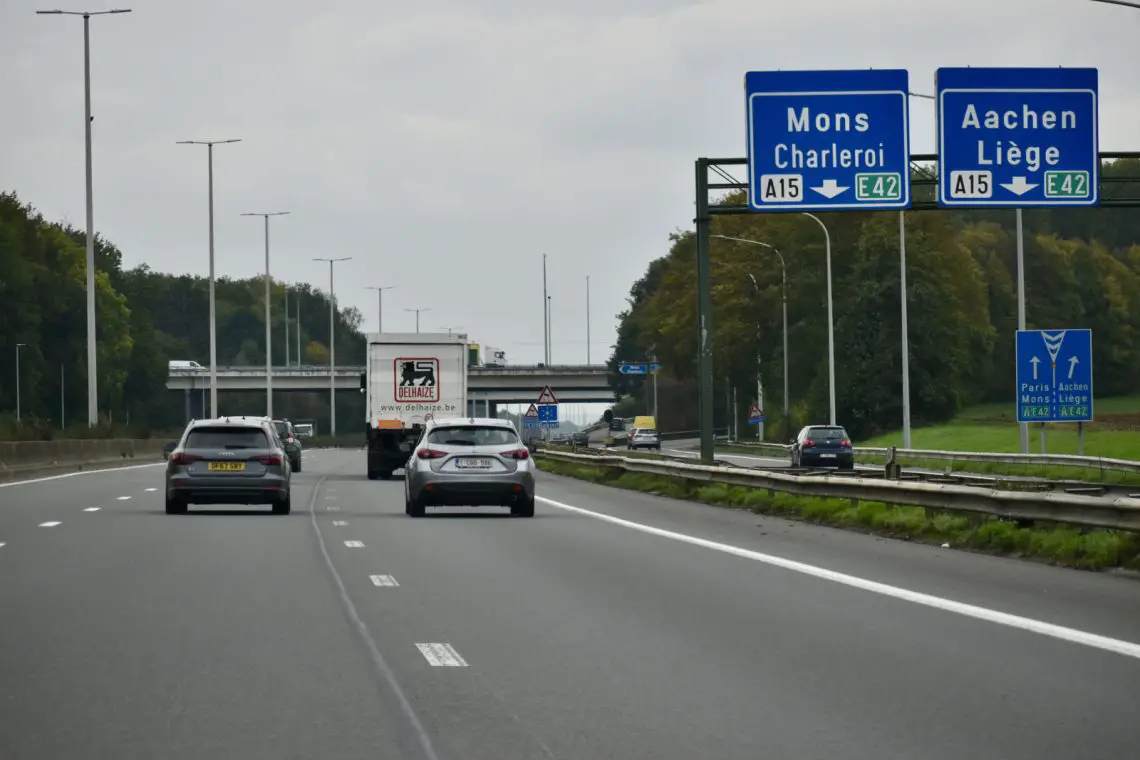
Austria
Minor offenses, such as failure to yield the right of way or wear a seat belt, are considered in Austria Organmandat called. Even non-hand-free driving is included. If you do this and get caught, you will usually lose no more than 50 to 90 euros. This is different in our country. At 70 euros, driving through a red light is actually a “bargain” in Austria – although, as a matter of course, we strongly advise against it. Speed violations are punished just as mildly: speeding at 30 km/h is punishable by a fine of up to 150 euros. Remarkable, which makes you wonder about the level of notorious speeding drivers and other traffic offenders in Austria. Luxembourg idem ditto, for there law enforcement is already just as liberal in nature. Only with serious offenses do you get to sweat. Driving in the bus lane, on the other hand, is considered strictly forbidden in Luxembourg, according to the ANWB.
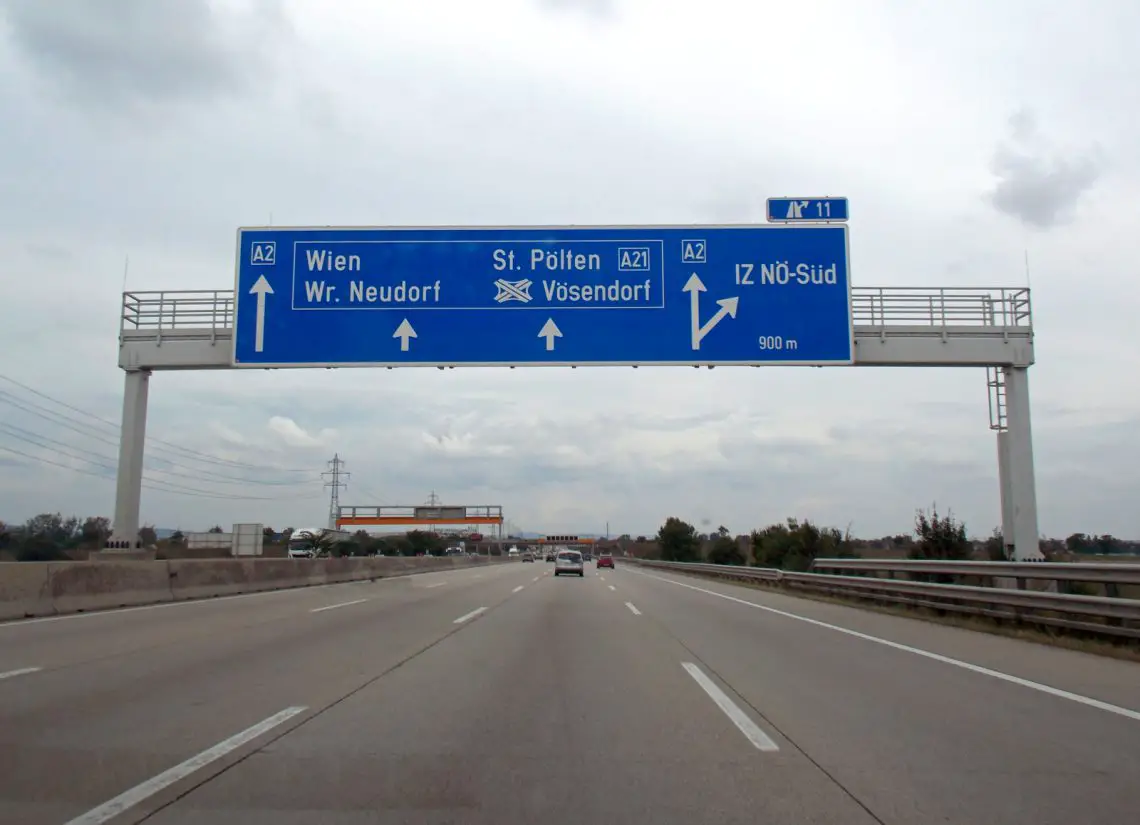
Italy
Italy wouldn’t be Italy if it had its own quirky ways when it comes to traffic fines, too. Thus, the Polizia in addition to the type of offense, sometimes the time of day it was committed. At sunrise, some fines are lower than during sunset. As a result, the amount of fines vary widely, making it difficult to pinpoint. Received a stack of fines from the EMO (the Italian equivalent of CJIB) whose date and time are identical? Chances are you have been flashed several times while looking for a parking spot in a zoned area. Nevertheless, you are kindly but urgently asked to pay for each of them.
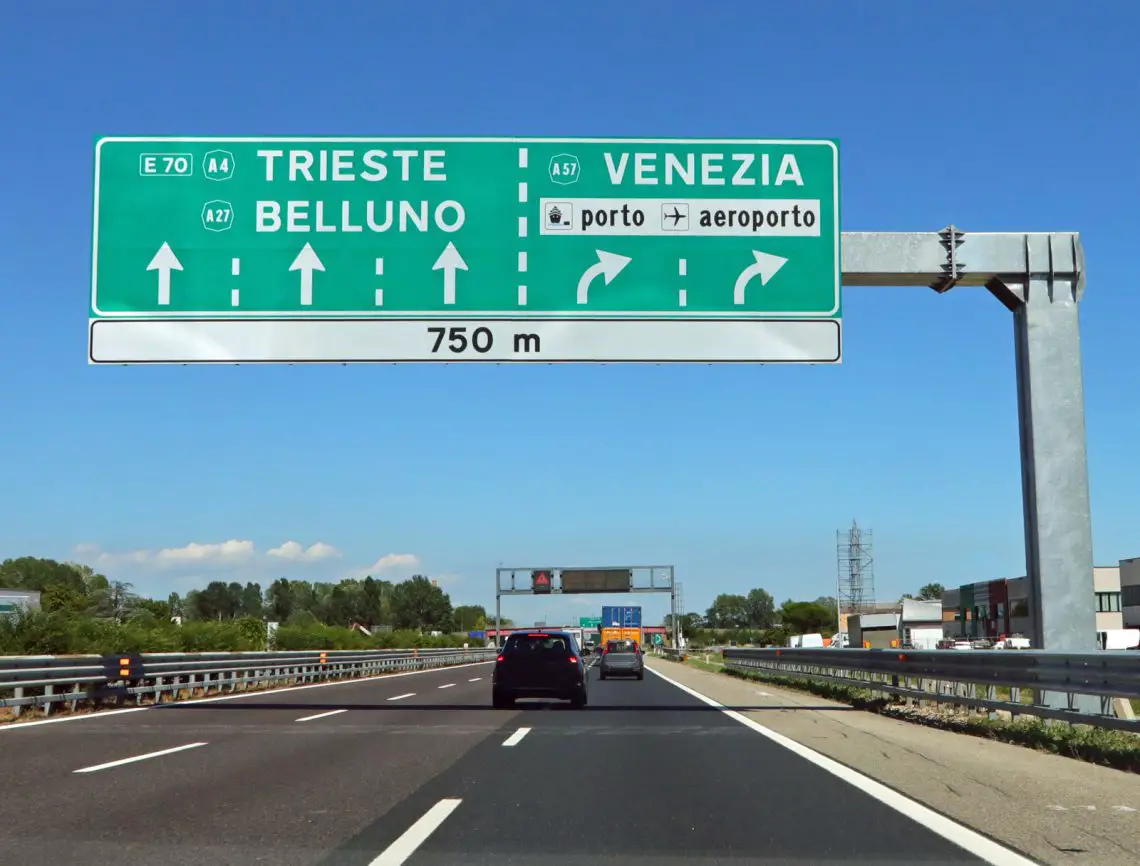
Spain
As in Belgium, Luxembourg and Italy, mild offenses in traffic are payable on the spot to Mr. Agent. We say do it, because if you tap immediately or no later than 20 days, you get – believe it or not – 50% off the fine amount. This can certainly pay off, as fines range from 100 to 600 euros, depending on how much was driven too fast of course. For the motorist with an overly heavy right foot, this option does not apply. If he or she has gone too far, he or she may even face imprisonment. Spain is also less forgiving of minor to moderate offenses, such as not wearing a seat belt, crossing a solid line and failing to yield right of way. If you are guilty of this in Barcelona or Madrid, for example, count on a minimum fine of 200 euros per violation. Operating the navigation system while driving also carries this penalty. Caramba!
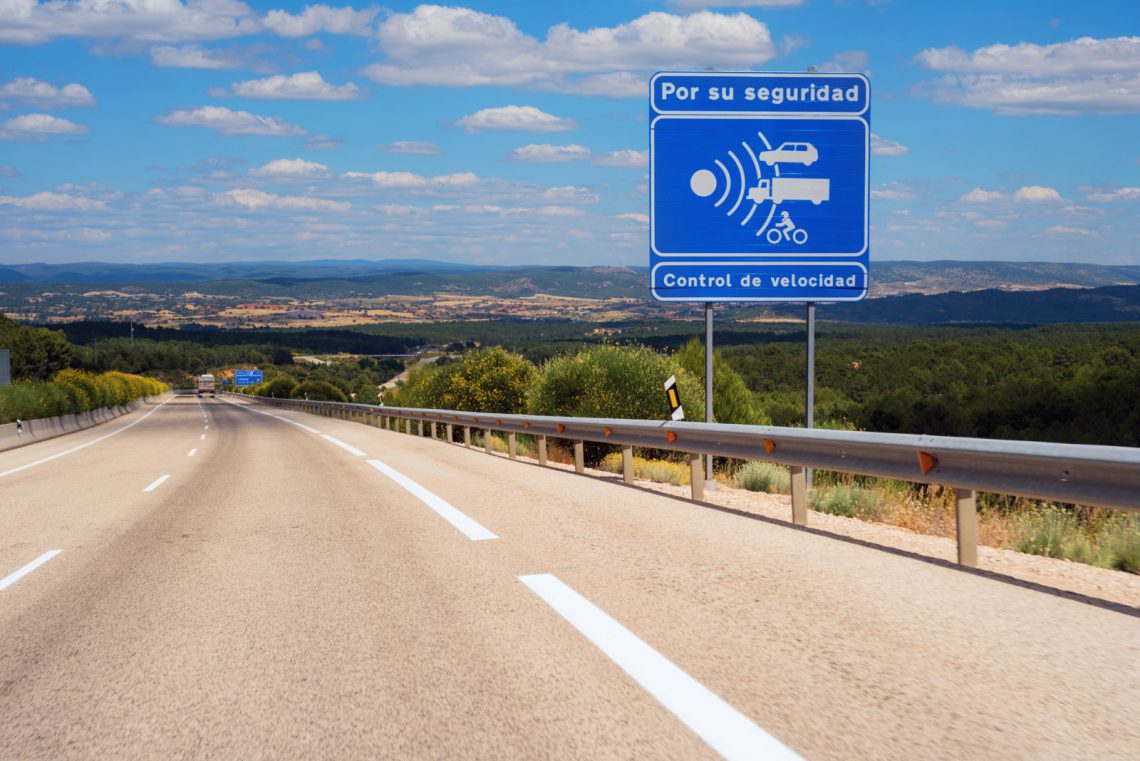
Also read:

